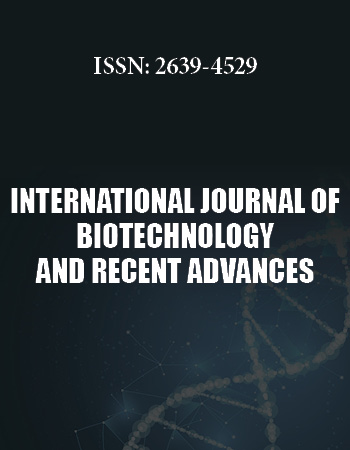European Microbiology Research Conference
December 3-4, 2018 Valencia, Spain
Dietary Interventions Attenuate Polyp Formation but Impair Normal Cell Homeostasis in a Colon Cancer Mouse Model
University of Southern Denmark, Denmark
Colorectal cancer (CRC) accounts for up to 13% of all cancers in Europe. It is a multifactorial disease; where host genetics, diet, gut bacterial composition and host immune system contribute to the development of CRC. Butyrate, a microbial-produced metabolite derived from fibre degradation, plays a key role in the physiology of colonic epithelial cells and its role in the course of CRC is controversial and still not well-understood. Although mechanisms through which different diets or changes in the gut microbiota impact CRC development are well-described, what is the impact of these factors on the normal intestinal homeostasis remains an open question. In order to get a deeper insight into this interplay, we used a DNA mismatch repair mouse model for CRC and provided these mice with diets that differ in their carbohydrate content (high- and low-carbohydrate diets). We examined how these dietary regimens affect the composition of the gut micro biota, the production of butyrate and their impact on the polyp formation.
Our results showed that diet low in carbohydrates strongly attenuates CRC development, as this diet slows down the proliferation of the colon epithelial cells by reducing butyrate producing bacteria and butyrate. However, while this diet seems to protect against CRC markers for cellular stress such as Xbp1, CHOP, ATF4, Hsp27 and Hsp70 were activated, indicating that changes in bacterial composition induces cellular stress. Based on our observations, it is suggested that a low-carbohydrate diet exerts a protective role against CRC development but normal cell homeostasis might be compromised.
Biography:
Maria Lopez Chiloeches is a Ph.D fellow in the Department of Biochemistry and Molecular Biology at the University of Southern Denmark (Odense, Denmark). Her Ph. D studies are focused on the relation between diet, gut micro biota and colorectal cancer development. She will be awarded with Ph. D. degree in February, 2019. María graduated with a B. Sc. in Health Biology in 2014 and expanded her studies with a M. Sc. in Microbiology, both at the University of Alcala (Madrid, Spain).


